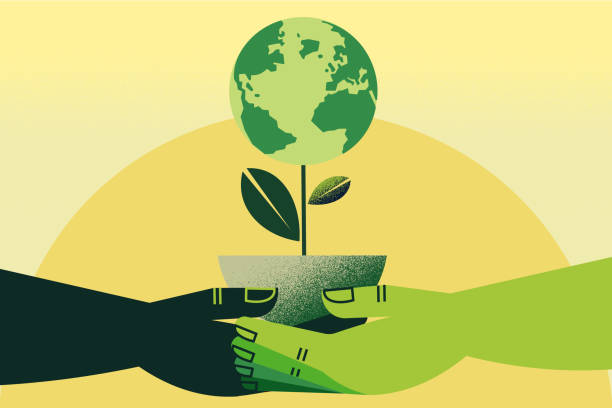Reduce, reuse, recycle: the three key aspects of upholding a habitable planet. With a growing passion for programs to help ensure the longevity of this shared home, students are especially drawn to the details surrounding recycling procedures at OHS.
More and more students are becoming curious about the recycling measures that can be taken at the school, some already starting on this journey. With a vision of building a more sustainable campus, people commonly question recycling methods, as well as contribute new ideas to assist this mission.
“ [Recycling is] a good idea but I think instead of recycling we need to ‘precycle.’ That means buying stuff that is reusable, that you’re not going to throw away, that’s not going to end up in a landfill or have to be recycled,” said Melissa Mara, science teacher.
A large contributing factor to the lack of efficiency in recycling, stems from the fact that there is a lot of contrasting information surrounding the topic. This leads to a miscommunication surrounding the ways of proper recycling.
“People don’t know that you can’t throw away a napkin and put it in the recycle bin because it’s not recyclable. Or paper plates…or they’ll throw lightbulbs because it’s glass so they think that’s ok,” Mara said.
Though improper recycling is ineffective, the habit is still a good one to implement into one’s life. However, the question arises about who should instigate this effort on campus.
“It might have to come from the students because the admin have a lot on their plate right now…having some other clubs come together and work with that and maybe have that be a school project to get that going,” Mara said.
At OHS, students have already begun to take initiative. This is demonstrated through the sustainability-centered club, Go Green.
“Right now we’re actually starting a recycling program at the school. So if you notice in a couple of your classrooms there’s going to be a can at the back. It’s for aluminum cans and stuff…just make sure you throw away the can in the bin,” said Elizabeth Oakley, junior.
Many individuals are interested in doing their part in preserving the planet, yet are unaware about how to get involved. This is where more modern approaches prove to be beneficial to the cause.
“Social media is a big thing. Reposting things about recycling and learning about it through there…I’ve seen a couple protests around the state. Just things like that,” Oakley said.
While students are doing their best to conquer the growing problem of a lack of recycling, some challenges appear as they encounter barriers.
“Every piece of trash that is not right is a fine, so [administration doesn’t] let us recycle because kids would just put random things in the bins… if they just start mandating it in schools then we can soar,” Oakley said.
While recycling bins did once exist on campus, the clubs that were in charge of upholding them are no longer around. However, the school administration offers a more logistical approach to assistance, making it necessary for clubs to organize the majority of such initiatives.
“Oftentimes if it’s a club-sponsored event or a club-sponsored function, all of that is on the club. If they want to take on anything, whether it’s recycling or anything else, the expectation is that with the sponsor’s guidance, they’re figuring out what they need to do to make that a reality,” said Jonathan Smith, assistant principal.
It is possible to implement school wide recycling programs through the collaboration of students, teachers, and administration towards the common goal of benefiting the world. However, in order to pique the unanimous interest of students, different approaches are plausible.
“Give kids incentives because a lot of times when people talk about recycling or saving the planet or whatever, it’s always a downer…make it fun,” Mara said.



